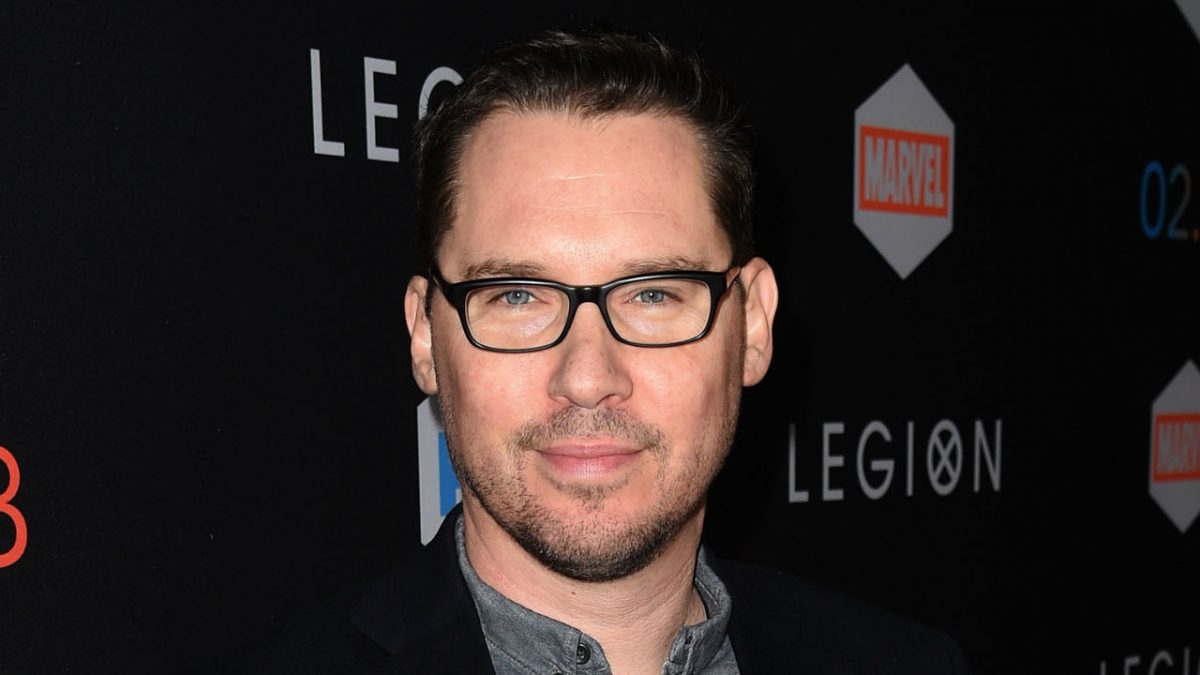Reporters Behind Stunning Bryan Singer Exposé in The Atlantic Say It Was ‘Killed by Hearst Executives’
By now you’ve either read or heard about the stunning exposé on director Bryan Singer in The Atlantic. The report reveals pretty serious and disturbing allegations detailing sexual abuse of underage boys.
You may remember that back in October, Singer preemptively put out a statement saying that he’s expecting Esquire Magazine to drop a negative article with “reckless disregard for the truth, making assumptions that are fictional and irresponsible.”
In a statement today, Singer again denied the allegations and accused The Atlantic‘s report of being a “homophobic smear piece.”
He also said, “The last time I posted about this subject, Esquire magazine was preparing to publish an article written by a homophobic journalist who has a bizarre obsession with me dating back to 1997. After careful fact-checking and, in consideration of the lack of credible sources, Esquire chose not to publish this piece of vendetta journalism.”
And indeed, if you look at the Atlantic report, you’ll notice it’s from Esquire writer at large Alex French and Esquire editor at large Maximillian Porter.
In a statement today, the two of them address why their report is running in The Atlantic and not Esquire: it was “killed by Hearst executives.”
Statement from reporters Maximillian Potter and Alex French on investigation of Bryan Singer published in @TheAtlantic: pic.twitter.com/iouvNZGQtz
— The Atlantic Communications (@TheAtlanticPR) January 23, 2019
Atlantic editor-in-chief Jeffrey Goldberg told The Daily Beast, “We subjected it to two months of our own fact-checking and legal process. It passed a threshold for me. My clear understand is that the editors of Esquire wanted to publish the piece but that it was spiked by executives at Hearst.”
The Daily Beast also reports on some behind-the-scenes details concerning the decision:
Two sources familiar with Esquire’s plans said the piece was scheduled to run in the magazine’s December issue when orders came from Hearst executives not to publish the story. Two sources said Hearst’s chief content officer, Kate Lewis, had reviewed the story, and another source briefed on the situation said the ultimate decision to kill it was made by Troy Young, president of Hearst magazines.
Hearst did not reply to multiple requests for comment.
Sources with knowledge of the story that arrived at The Atlantic said it had much of the same information that was in the Esquire final draft, but that the writers added details that strengthened several accusations before it was published on Wednesday.
You can read the full exposé here.
[photo via Getty Images]





